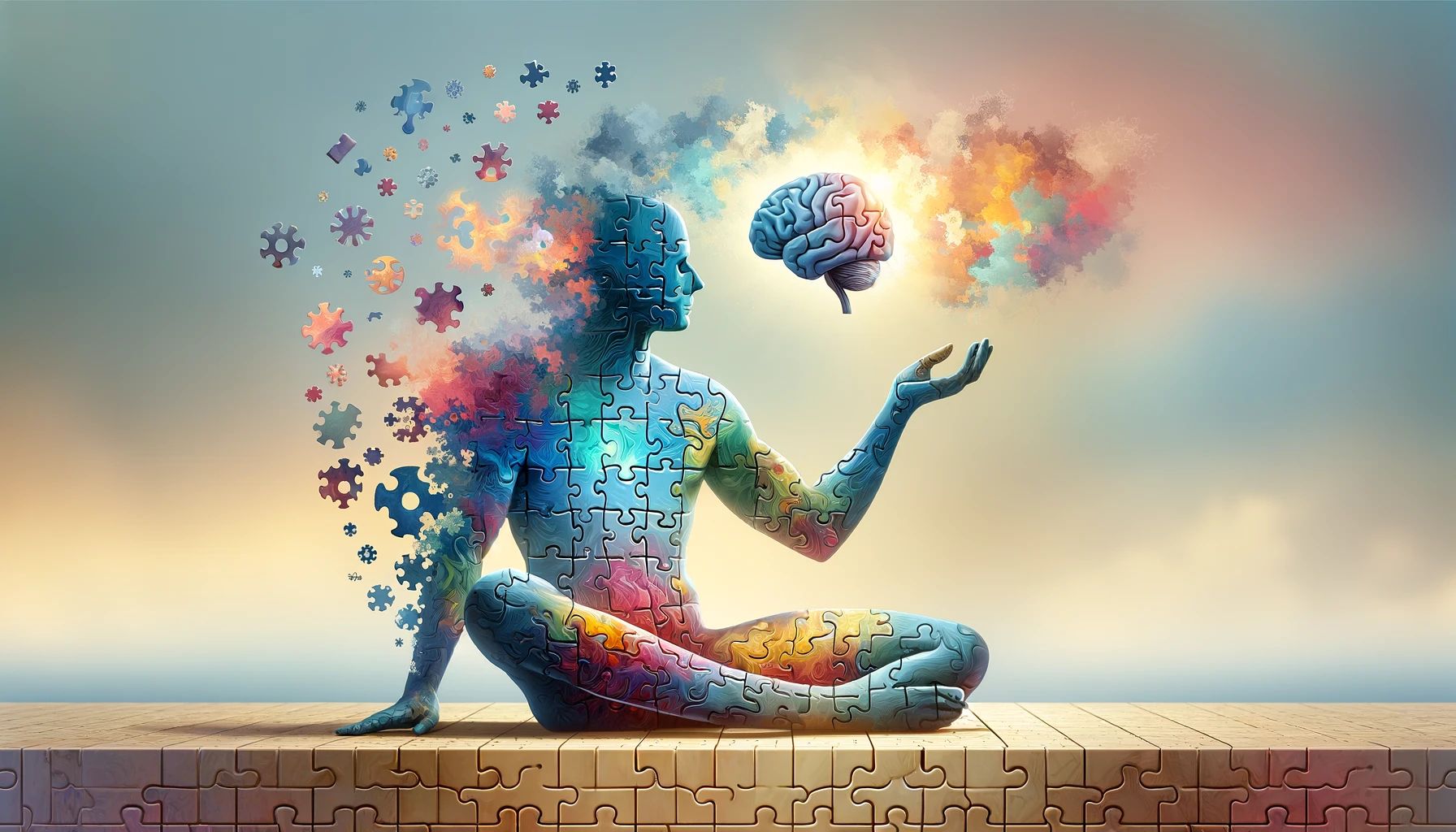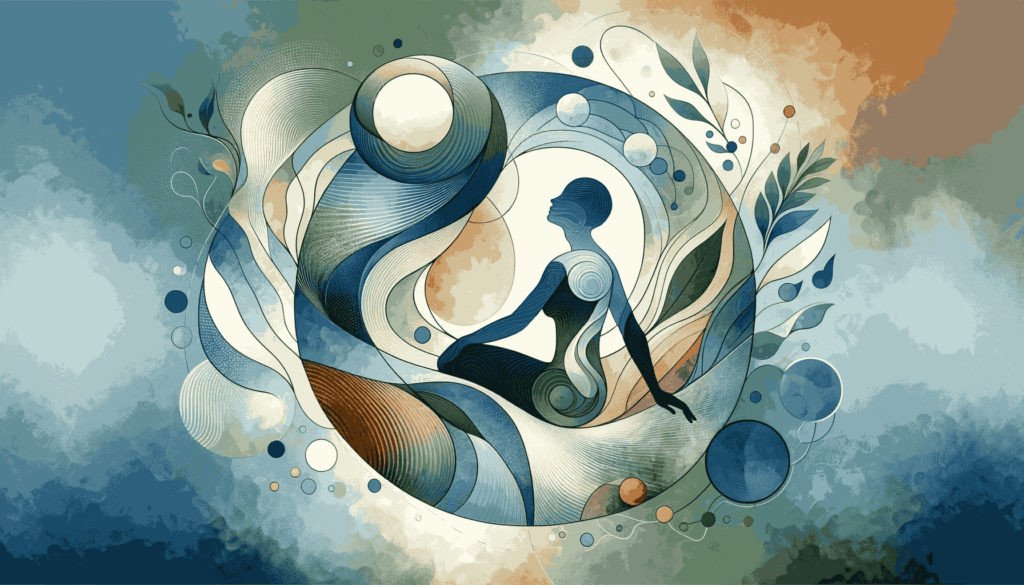
Mental burdens weighing down on your joints
Intriguing Facts About the Mind-Body Connection
Did you know your thoughts, feelings, and beliefs can significantly affect physical health? The intricate tapestry of the mind-body connection reveals that our mental state can profoundly influence bodily functions. This concept has both baffled and fascinated scientists for ages.
Brief Overview of Joint Pain and Its Common Causes
Joint pain is a prevalent ailment that affects millions globally. It can arise from various causes like arthritis, injury, or age-related wear and tear. Understanding its roots is crucial for effective management and treatment.
Introducing the Concept of Psychological Factors Influencing Physical Pain
Often overlooked, the psychological factors playing a role in physical pain, especially in joint pain, are significant. This article delves into how our mental and emotional state can contribute to physical discomfort.
Understanding Joint Pain
Definition and Types of Joint Pain
Joint pain, characterized by discomfort, aches, and soreness in any of the body’s joints, is a common complaint. It ranges from mild, causing some irritation, to severe, agonizing, even gentle movements.
Common Physical Causes of Joint Pain
Typical culprits include osteoarthritis, rheumatoid arthritis, bursitis, and gout. Injuries such as sprains and strains also frequently result in joint pain.
Brief on How Our Body Perceives Pain
Pain perception is a complex process involving nerves and brain pathways. When a joint is harmed, pain receptors send signals through nerves to the brain, interpreting them as pain.
The Mind-Body Connection
Exploring the Psychology Behind Physical Pain
The brain doesn’t just receive pain signals; it also interprets them based on emotional and psychological states. Thus, our mental health can significantly influence how we experience physical pain.
Case Studies: Psychosomatic Pain Phenomena
Documented cases reveal instances where psychological factors led to actual, physical pain, showcasing the power of the mind in influencing our body’s pain response.
Psychological Factors and Joint Pain
Stress and Anxiety: How They Exacerbate Joint Pain
Chronic stress and anxiety can lead to muscle tension and inflammation, worsening joint pain. They also heighten the body’s pain perception.
Depression and Chronic Pain: A Vicious Cycle
Depression can not only be a consequence of chronic joint pain but also a contributing factor to its persistence and intensity.
The Role of Emotional Trauma in Physical Symptoms
Traumatic emotional experiences can manifest physically, often in the form of joint or muscular pain, as the body holds and expresses the trauma.
The Science Behind the Psychology of Pain
Neurological Perspective: Pain Pathways and the Brain
The brain’s interpretation of pain signals can be influenced by psychological factors, altering the intensity and perception of joint pain.
Psychoneuroimmunology: The Interplay Between Mind and Immune System
This field studies how psychological stressors can impact the immune system, potentially exacerbating conditions like arthritis and thereby increasing joint pain.
Research Insights: Studies Linking Psychological Factors to Joint Pain
Recent studies highlight a significant correlation between mental health issues and the severity of joint pain, suggesting a bidirectional relationship.
Diagnosis Challenges
The Difficulty in Diagnosing Psychogenic Joint Pain
Differentiating between pain caused by physical conditions and that influenced by psychological factors is challenging, often requiring comprehensive assessment.
Distinguishing Between Physical and Psychological Pain Causes
Clinicians must consider physical examinations and psychological evaluations to diagnose joint pain sources accurately.
The Importance of Holistic Patient Assessment
Considering both physical and mental health, a holistic approach is crucial for effective diagnosis and treatment of joint pain.
Treatment and Management
Traditional Treatments for Joint Pain
These include medication, physical therapy, and, in some cases, surgery, focusing primarily on the physical aspects of joint pain.

Psychological Therapies: Cognitive Behavioral Therapy, Mindfulness, and More
Psychological therapies like CBT and mindfulness practices have shown effectiveness in managing pain by altering pain perception and coping mechanisms.
Lifestyle Changes: Stress Management and Emotional Well-being
Adopting a lifestyle that reduces stress and improves emotional health can be a powerful tool in managing joint pain.
Patient Stories: Real-life Experiences
Interviews with Patients Who Experienced Psychologically Influenced Joint Pain
These narratives provide insight into the real-world impact of the mind-body connection on joint pain and its management.
Success Stories: Overcoming Pain Through Psychological Healing
Inspirational accounts of individuals who managed to alleviate their joint pain through psychological and emotional healing techniques.
Expert Opinions
Interviews with Healthcare Professionals
Insights from medical experts on the latest findings and approaches to treating joint pain influenced by psychological factors.
Psychologists and Rheumatologists on the Mind-Body Link in Joint Pain
These experts discuss the interplay between mental health and joint pain, offering a nuanced understanding of this complex relationship.
Preventative Measures and Healthy Practices
Tips for Maintaining Joint Health
Practical advice on physical exercises, diet, and other lifestyle choices that can help maintain joint health and prevent pain.
Mental Health Strategies to Prevent Psychosomatic Symptoms
Techniques and practices to bolster mental health, thereby reducing the risk of psychosomatic joint pain.
Conclusion
Summarizing the Interconnection Between Mind and Body in Joint Health
A recap of the critical points discussed emphasizes the inseparable connection between mental and physical health in the context of joint pain.
Encouragement for a Holistic Approach to Managing Joint Pain
A closing note encourages readers to consider physical and psychological aspects in their journey towards managing joint pain effectively.







